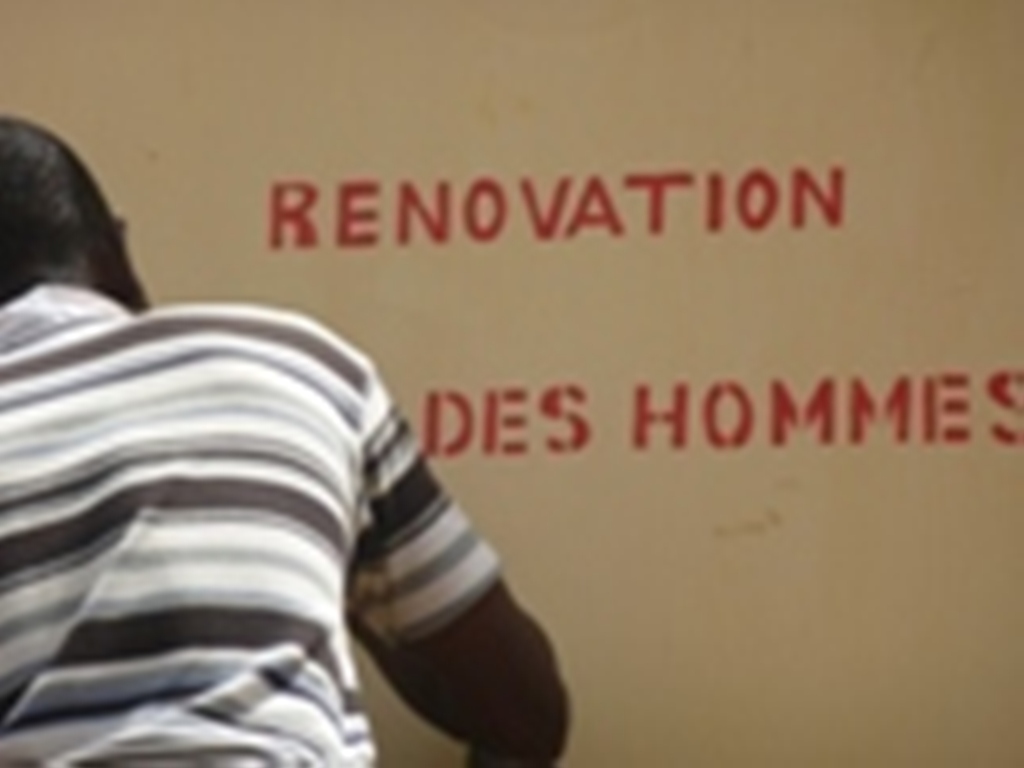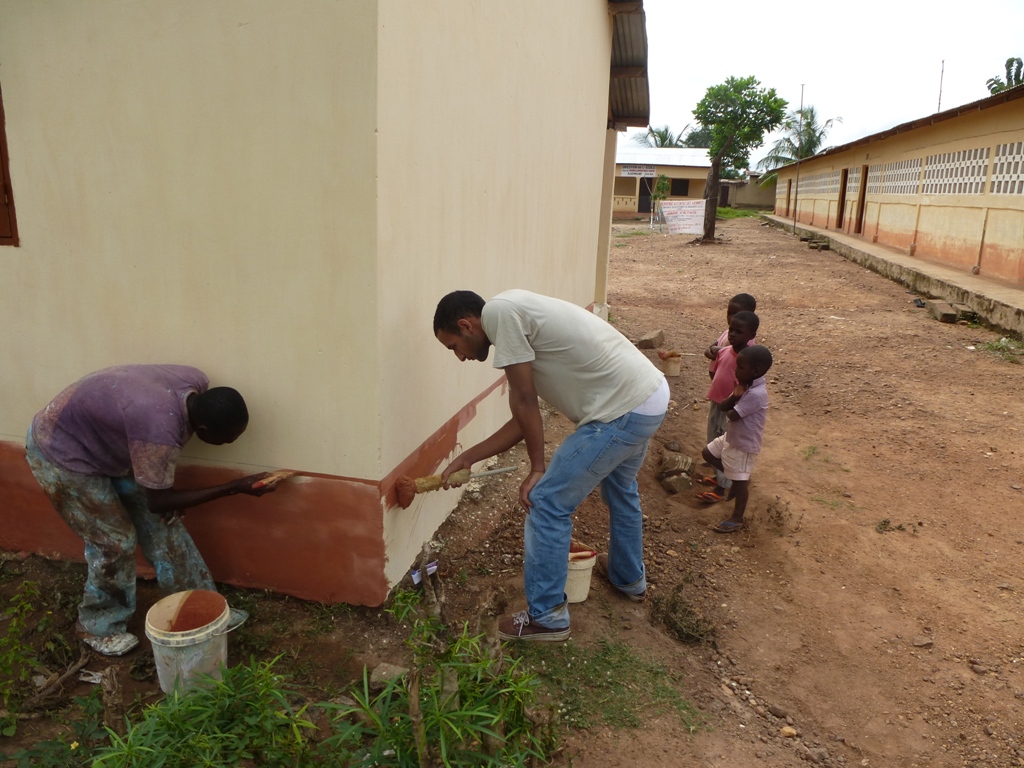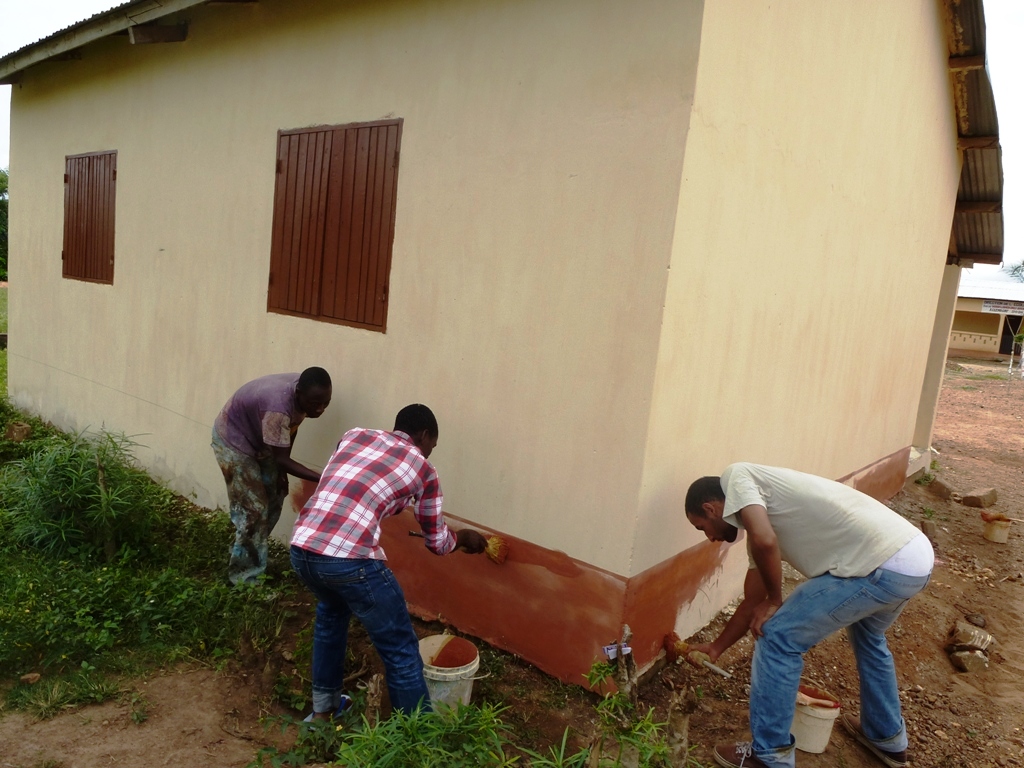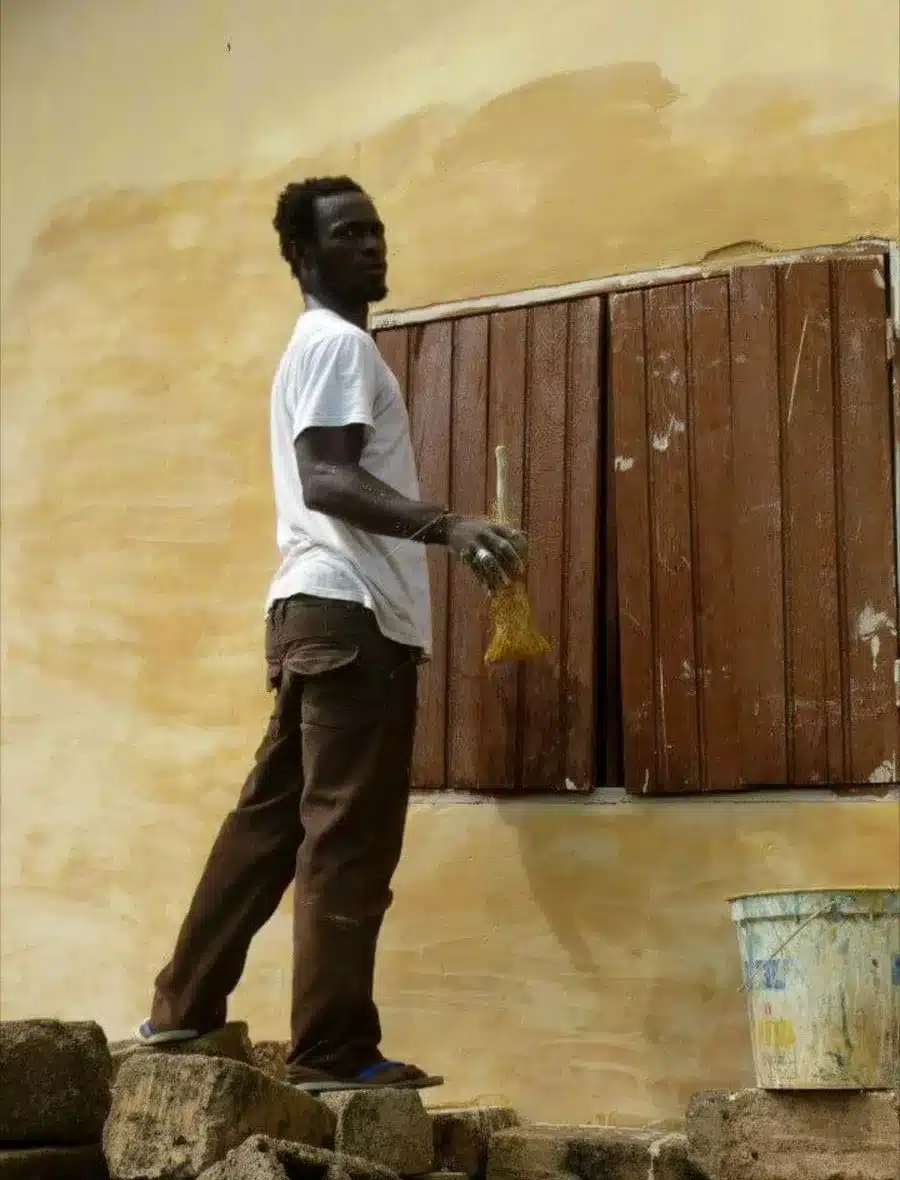- Direct contact with the population.
- Sharing of values from the work camp through cultural exchange.
- A special excursion led by Centre des Hommes for volunteers.
- Discover a new culture and traditions, especially those of the EWES peoples.
- Discover the cultures, languages, cuisines, folklore and traditions of local and international volunteers.
- Leisure activities such as walks, outings, parties, African cuisine, entertainment, and an insight into African life.
- Involvement with, and understanding of the African communal approach to life through cultural activities such as drawing, theatre, reading, etc..
- Experience of active participation in a renovation project and learning about intercultural relations.
- A certificate for participation in a CDH volunteering program in Togo.
- The certificate can be used for a CV and as evidence in a job search for students.
- Life-changing experience and the gaining of new life skills.














